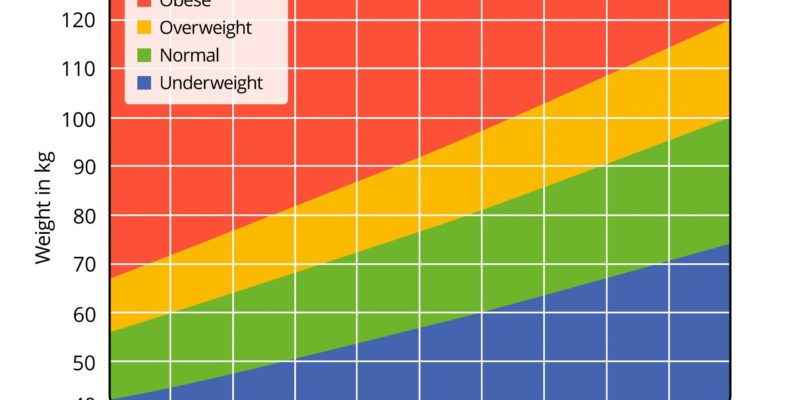Understanding BMI and How to Manage Your Weight Goals
Body Mass Index (BMI) is a numerical value that measures the ratio between your height and your weight. It’s one of the most reliable ways to measure if you are at a healthy weight for your height. Knowing your BMI can give you a better understanding of how to manage your weight goals, but it’s important to remember that BMI is not perfect and there are some flaws when it comes to using this metric as the sole measure of health.
What is BMI?
BMI is calculated by dividing your bodyweight in kilograms by your height in meters squared. A BMI score between 18.5 and 24.9 indicates a healthy weight for adults; anything below 18.5 might indicate someone who is underweight, while anything over 24.9 could suggest someone who may be overweight or obese. It should be noted, however, that athletes or people with strong muscles might have BMIs that are higher than normal due to muscle mass, even though they are still at a healthy weight for their height. In addition, people with certain medical conditions such as Cushing’s disease may also have an abnormally high BMI even if they are not overweight or obese. It’s important to remember that BMI is an estimate and should never replace actual measurements taken by a doctor or healthcare professional.
Eating Healthy and Exercising Regularly
Achieving and maintaining a healthy weight isn’t just about numbers; it’s also about eating right and exercising regularly. Eating healthy foods like whole grains, fruits and vegetables, protein-rich foods like lean meats, eggs and nuts, as well as cutting out processed food will help you reach your desired weigh-in goal as well as provide essential nutrients for overall health benefits. Exercise also helps burn calories which can help with shedding pounds but more importantly helps build muscle mass which can increase metabolism rate – burning more calories even when you’re resting! Aim for 30 minutes of moderate intensity exercise per day such as walking, jogging or biking; if you don’t have time for 30 minutes all at once then break up the exercise into 10 minute intervals throughout the day (i.e.: 10 minutes of walking before breakfast/lunch/dinner).
Managing your weight can be overwhelming but knowing what tools to use such as calculating your Body Mass Index (BMI) can go a long way in helping you achieve healthier goals for yourself in regards to dieting and regular exercise habits! Remember that everyone has different needs so make sure to speak with a doctor or healthcare provider before making any drastic changes in order to find what works best for YOU! Happy weighing!








